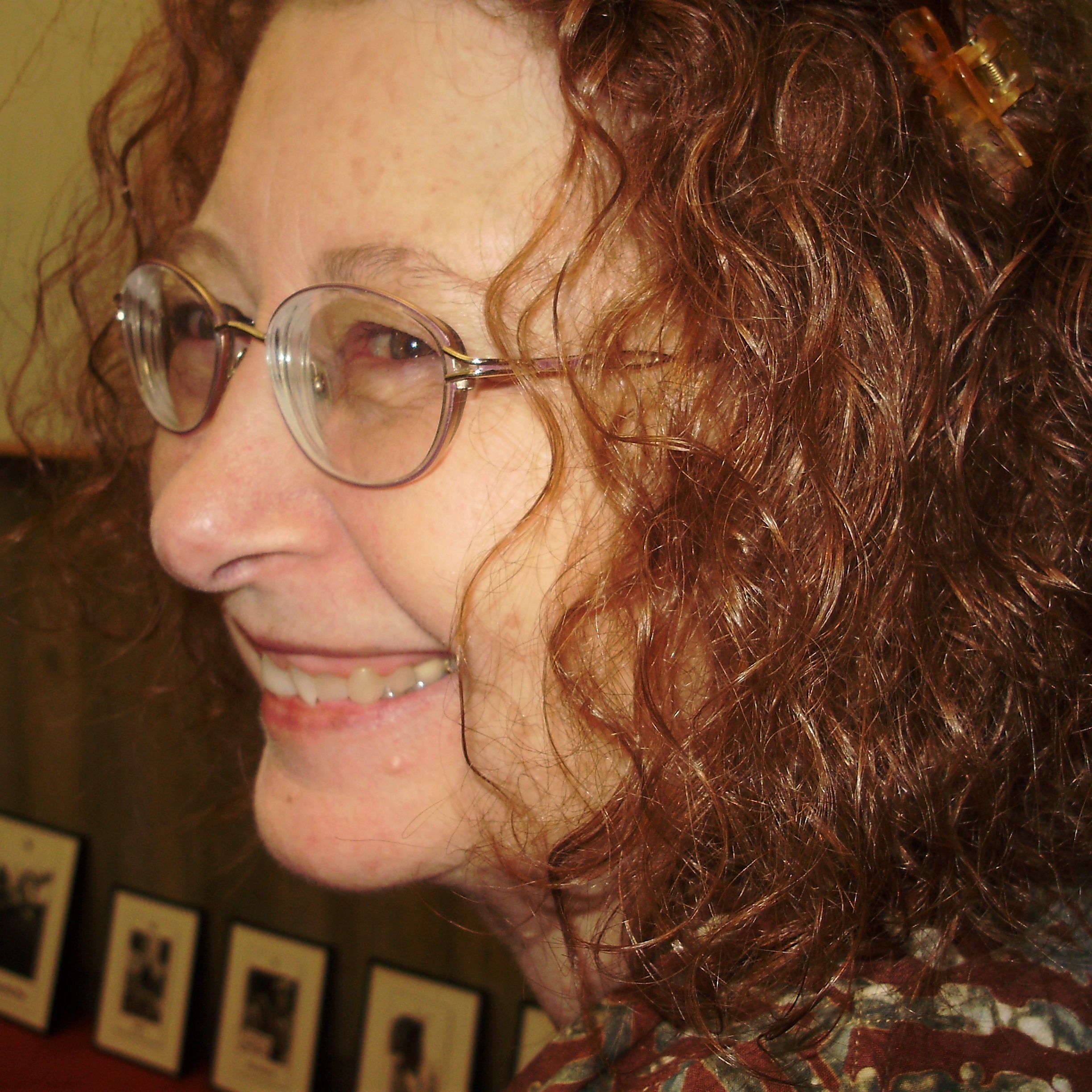The New York Times reporter Ruth La Ferla has written an article, “Love, Jobs & 401(k)s” about the popularity of psychics (including tarot readers) in the economic downturn. It seems that business is booming in this profession. La Ferla quotes one stock trader as saying, ““When conditions are this volatile, consulting a psychic can be as good a strategy as any other.” To which she responds that when the Treasury secretary changes his mind weekly “a good set of tarot cards might come in handy.”
A current trend is that today’s clients include a growing number of men who are, themselves, often professional advice-givers in fields like real estate and investments. Their questions are highly specific and focused. They want to know the psychic’s accuracy, but they seem to keep coming back.
This is not the first time that it’s become obvious that people turn to psychics and divination in times of crisis or when the past does not provide reliable guidance or direction. When the rational collapses where do you turn?
I’ve heard of two cases among those living in the World War II Warsaw ghetto who claimed that fortunetellers were what kept them going when there was no other hope. One of these was from a PBS television interview with a male survivor of the ghetto who said it was the fortune tellers who helped by saying it would soon get better—even when it didn’t. Another was from an oral history with Minna Friedland who was housed with twelve other women—one an illiterate country fortune teller: “For each she found a positive explanation – they would be released soon, they would receive a food parcel and so on. Thus she kept hope alive.”
Sometimes the predictions prove accurate. Other times they simply keep you going until conditions change enough to feel confident that the future will work itself out. (Also read this story about another WWII “fortune-teller” – here.)
One other effect is the “randomizing” factor. It seems that normally people make decisions based on what has been successful in the past. But, when old, habituated resources are depleted we need something that will initiate exploration in new directions. Randomly putting together new combinations increases our chances of finding something that will work. Plus, a belief in the outcome gives us a positive edge that is likely to turn a risky endeavor into success.

 Mary K. Greer has made tarot her life work. Check here for reports of goings-on in the world of tarot and cartomancy, articles on the history and practice of tarot, and materials on other cartomancy decks. Sorry, I no longer write reviews. Contact me
Mary K. Greer has made tarot her life work. Check here for reports of goings-on in the world of tarot and cartomancy, articles on the history and practice of tarot, and materials on other cartomancy decks. Sorry, I no longer write reviews. Contact me
6 comments
Comments feed for this article
November 24, 2008 at 6:34 pm
Flavio
Thank you for sharing this, helped me confirm this feeling I had, hopefully the number of Querents will increase in the coming months, divination and entertainment (as escape) based business would do well in the near future.
Best Regards
November 25, 2008 at 5:32 am
Sally from Ontario
This remineded me Mary of stories from my Grandmother (born in 1898)Who read playing cards and her sister (1902) a tea leaf reader during their years of struggle in the depression.
As a child I remember them talking about how they would read for people for eggs and sugar and whatever kind of stamps they had in the days of WW.2 when their husbands were at war.
Hopefully we will not have to go back to reading the Tarot for bread and milk but I have read often for friends fresh cookies and tarts.
When times get tough and overwhelming I think many folks get stuck in a mindset of futility. By hearing of possibilities in the future I think a reading can help them to open their minds and find resilience and hope.
November 25, 2008 at 10:43 am
mkg
Flavio & Sally –
Yeah – it’s pretty interesting to think of psychics and diviners as selling (or bartering) hope. Either we take this function too much for granted, or we pretend we deal only in “truth”—thinking this is the more valuable commodity.
July 1, 2009 at 2:53 pm
Imagination, changing the impossible, and Robert Desnos «
[…] Greer has written about the value of hope and tarot readings on her blog at https://marygreer.wordpress.com/2008/11/24/guidance-in-the-economic-downturn/ and I think she might write something on this as well. Always good to check out what Mary is […]
December 2, 2009 at 6:04 am
linda
I’ve found that I’m being consulted more for relationship problems caused by the economic downturn. Financial pressure added to a relationship that already is on a shaky ground can tip the balance.
October 24, 2012 at 1:36 pm
Imagination, changing the impossible, and Robert Desnos » Carolyn Cushing | Art of Change Tarot
[…] Greer has written about the value of hope and tarot readings on her blog at https://marygreer.wordpress.com/2008/11/24/guidance-in-the-economic-downturn/ and I think she might write something on this as well. Always good to check out what Mary is […]